“On literature and the arts,” (1970), printed in New York Times, March 17, 2017
The most magical moments in reading occur not when I encounter something unknown but when I happen upon myself, when I read a sentence that perfectly describes something I have known or felt all along. I am reminded then that I am really no different from anyone else. All great art allows us this: a glimpse across the limits of our self. These occurrences aren’t merely amusing or disorientating or interesting experiments in “virtual reality.” They are moments of genuine expansion. They are at the heart of our humanity. Our future depends on them. Just as a river leads to the sea — the particular in great literature has always flowed to the universal. Literature [including plays] is the greatest argument for the universalist instinct, and this is why literature is intransigent about its liberty. It refuses to be enrolled, regardless of how noble or urgent the project. It cannot be governed or dictated to. It is by instinct interested in conflicting empathies, in men and women who are running into their own hearts, in doubt and contradictions. Which is why, without even intending to, and like a moon to the night, it disrupts the totalitarian narrative. What it reveals about our human nature is central to the conversation today.
